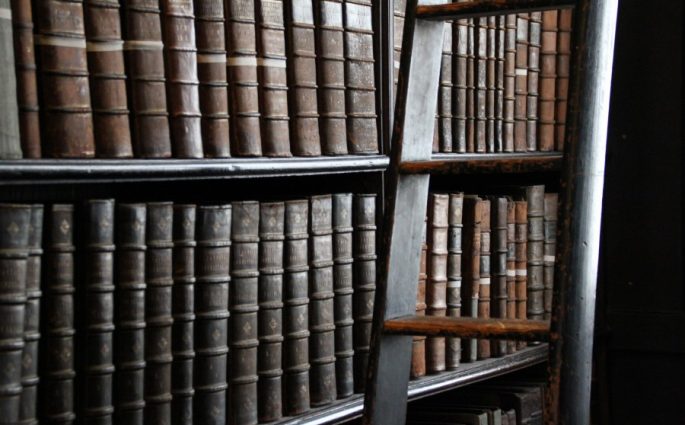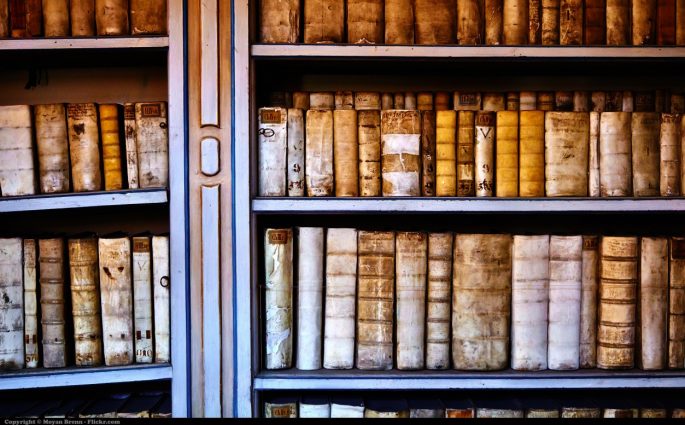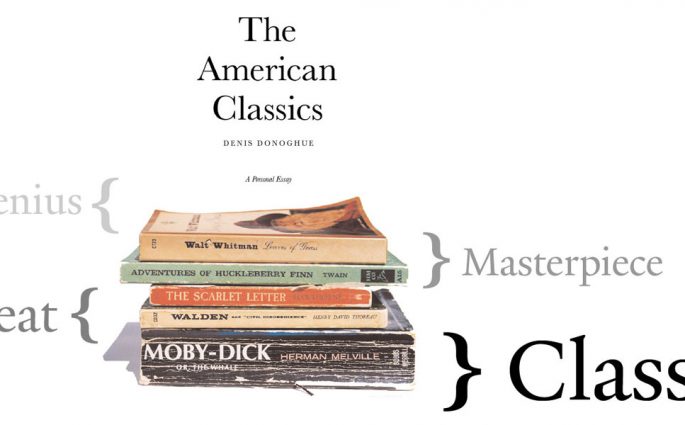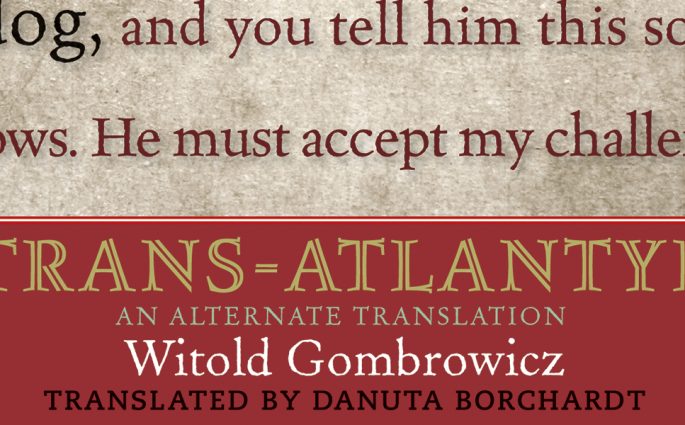A Conversation with David Albahari
Award-winning translator Ellen Elias-Bursac recently had the chance to talk with Serbian writer and translator David Albahari about Globetrotter, her latest translation of one of Albahari’s novels. Ellen Elias-Bursac: How did you come up with the idea for the trilogy of Snow Man, Bait, and Globetrotter? Did you design the three








